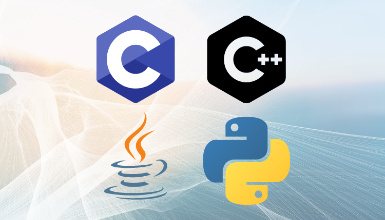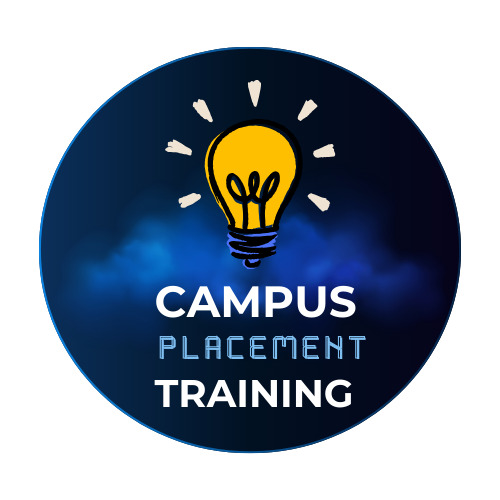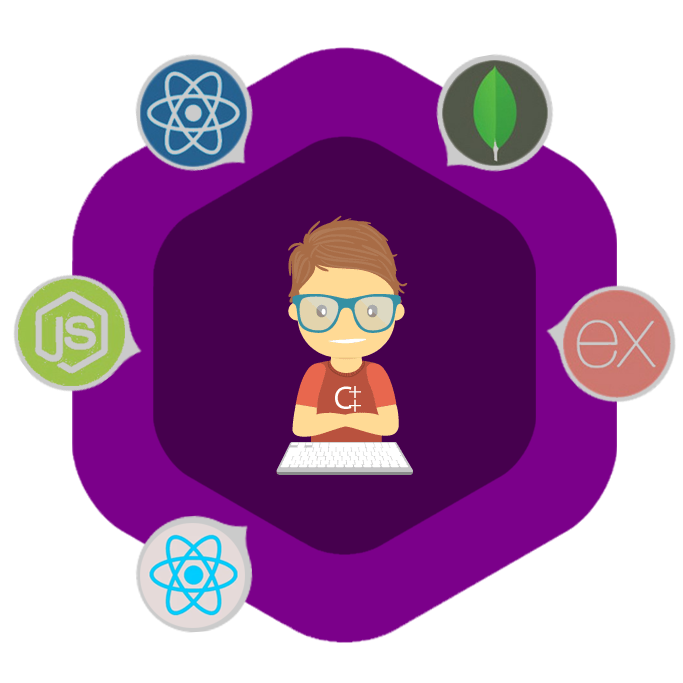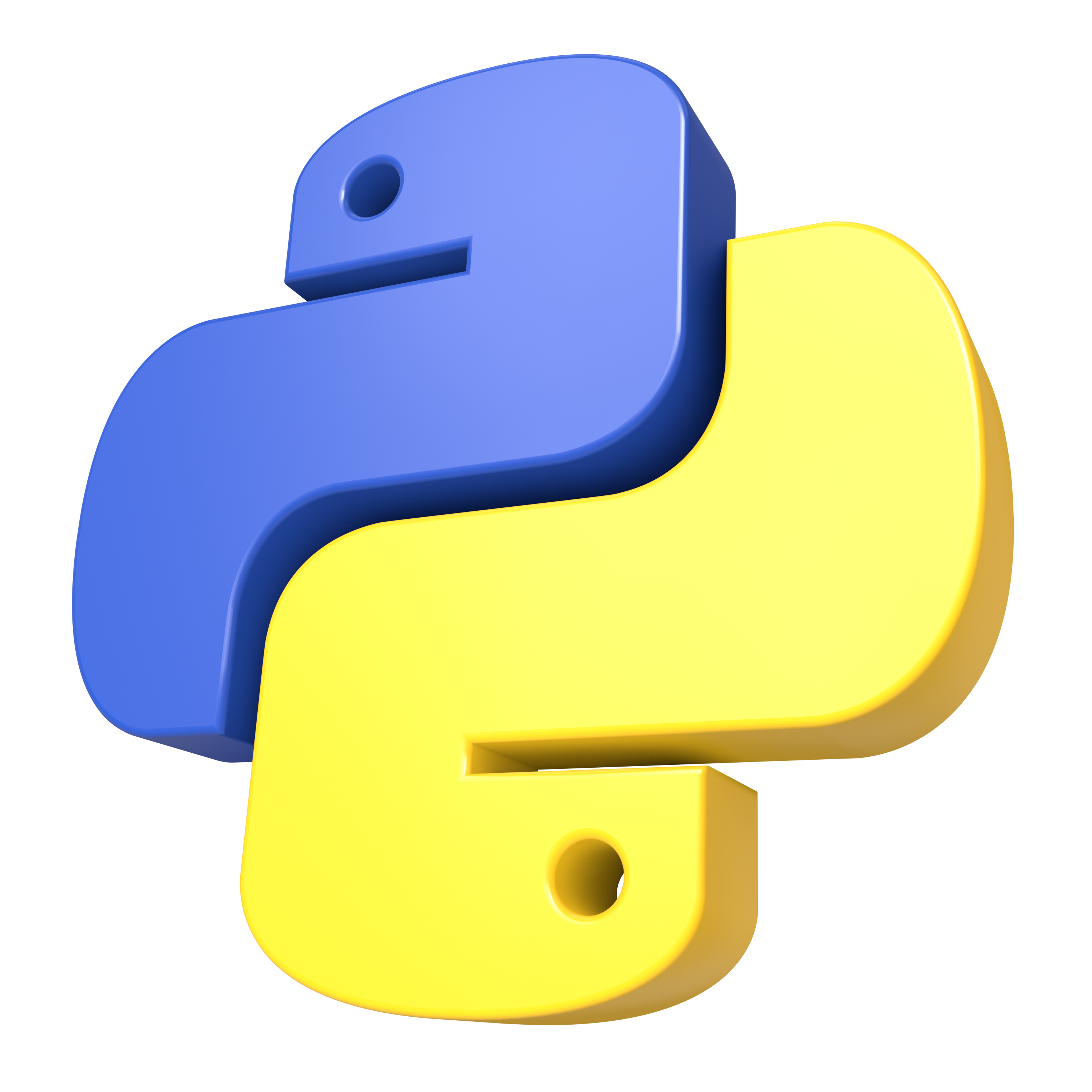C++ Programming
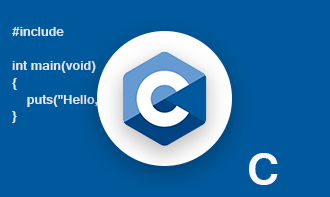
PROGRAMMING C++: Do you dream of creating high-performance software, games, and even operating systems? Then C++ might be your perfect coding companion! This powerful and versatile language empowers you to bring complex ideas to life, offering a rich feature set and extensive capabilities.
Saksham's C++ Programming course provides a structured and beginner-friendly
approach, allowing you to:
- Grasp the fundamentals: Learn the core concepts of C++, including object-oriented programming (OOP) principles, data structures, algorithms, and memory management.
- Navigate the programming world: Understand how to design, write, and compile C++ programs with confidence.
- Build your first applications: Apply your newfound knowledge to create powerful C++ applications, showcasing your skills and building a strong portfolio.
Why Choose C++?
C++ offers several compelling reasons to become your language of choice:
- High Performance: C++ remains a preferred language for developers seeking speed and efficiency, making it ideal for demanding applications.
- Versatility: Explore various domains with C++, from game development and system programming to web development and embedded systems.
- Object-Oriented Advantage: Master OOP principles in C++, enabling you to structure code effectively and create reusable software components.
• Strong Community: Benefit from a vast community of C++ developers offering support, resources, and learning opportunities.
Unlock your programming potential with Shaksham's C++ Programming course! Through engaging lectures, interactive exercises, and real-world projects, you'll gain the confidence and skills to:
- Design efficient and robust C++ programs.
- Embrace object-oriented programming concepts.
- Solve complex problems through practical applications.
Enroll today and start building your C++ programming future with Saksham!

